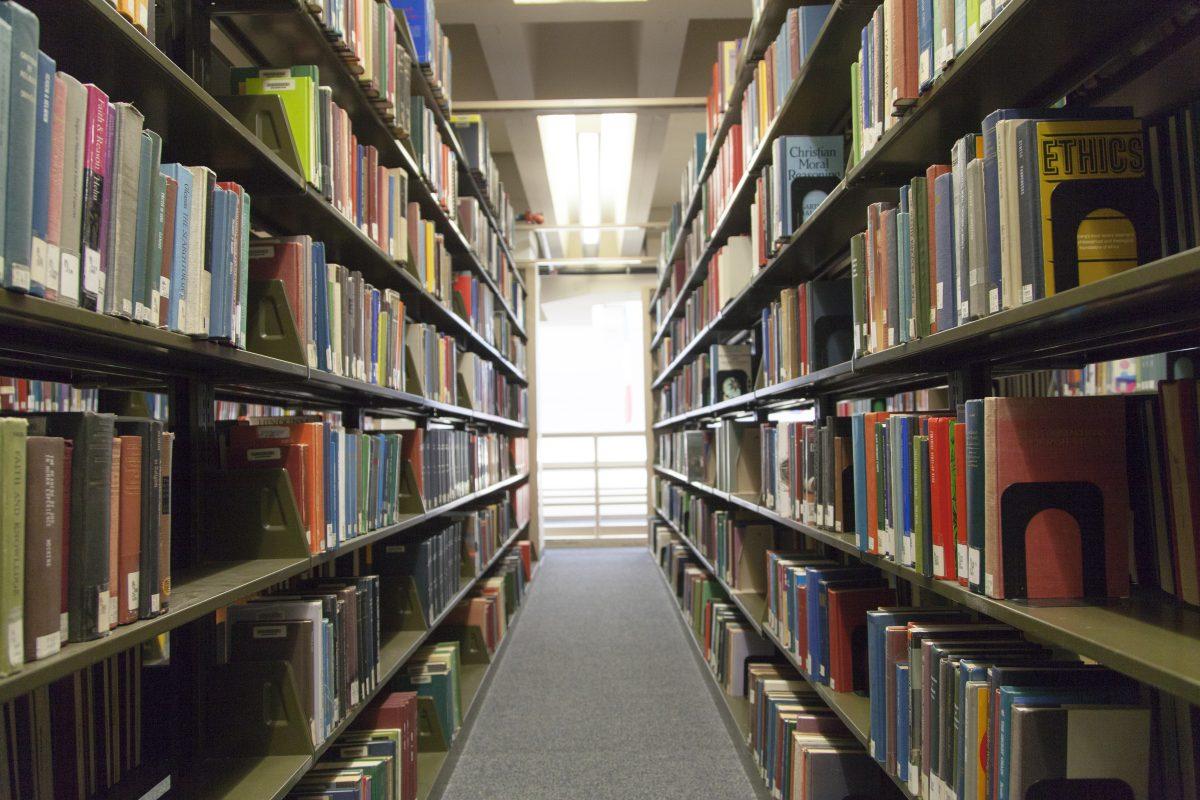“If you want to preserve democracy as we know it, you have to have a free and many times adversarial press. And without it, I am afraid that we would lose so much of our individual liberties over time,” Republican Sen. John McCain stated in a recent interview with Chuck Todd on Meet the Press. As the free press is necessary to democracy, academic freedom and tenure is necessary for the full and lively functioning of the university as a place where we, faculty and students, make and seek knowledge.
In the American Association of University Professors (AAUP) 1940 Statement on Academic Freedom and Tenure, the association explains that “Institutions of higher education are conducted for the common good and not to further the interest of either the individual teacher or the institution as a whole. The common good depends upon the free search for truth and its free exposition.” In 1966, Saint Joseph’s University’s adopted a version of the 1940 AAUP statement in our Faculty Handbook. This long-standing commitment to academic freedom was updated in 1999, with an additional paragraph adapted from the mission statement:
“Catholic values are normative, includ ing: full respect for the freedom of conscience of each person, freedom in research and teaching according to one’s discipline, and the continuous pursuit of truth, human rights, and the common good. The university welcomes all faculty to participate fully in the university’s intellectual, cultural, and spiritual life.” (Change adopted at the University Council meeting of May 13, 1999, emphasis added.)
As elected faculty representatives to shared governance, we feel strongly that the “full respect of conscience of each person, freedom in research and teaching according to one’s discipline, and the continuous pursuit of truth, human rights, and the common good” must remain a central value of St. Joe’s, even when the current historical moment is contentious. When faculty and students speak in a public forum or a classroom, they deserve respectful engagement, and their remarks should not be taken out of context. The key to academic freedom is more conversation and more engagement; we need more dialogue, not doxing.
As faculty, it is our moral obligation to speak truth to power and to counter falsehoods with truths. A plurality of voices is necessary for this journey; we must hold space for all the voices in our community—and hear them. We further believe that it is our responsibility as a Catholic, Jesuit university to advocate for the most poor and vulnerable among us. To do this is truly “countercultural” to the climate of increasing xenophobia, racism, and fear of “the other.” Academic freedom for both teachers and students is crucial to this enterprise; we invite students to journey with us as we pursue the common good.
Ann E. Green, President, Faculty Senate
Jason H. Mezey, Chair, Arts and Sciences College Council
Ginny Miori, Vice President, Faculty Senate
Peter Graham, Standing Committee Liaison, Faculty Senate
Divya Balasubramaniam, Secretary, Faculty Senate
C.Ken Weidner, Chair, Haub College Council














































